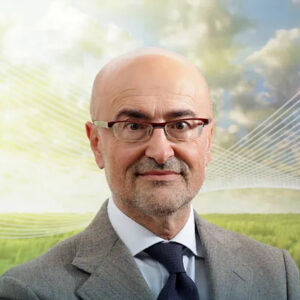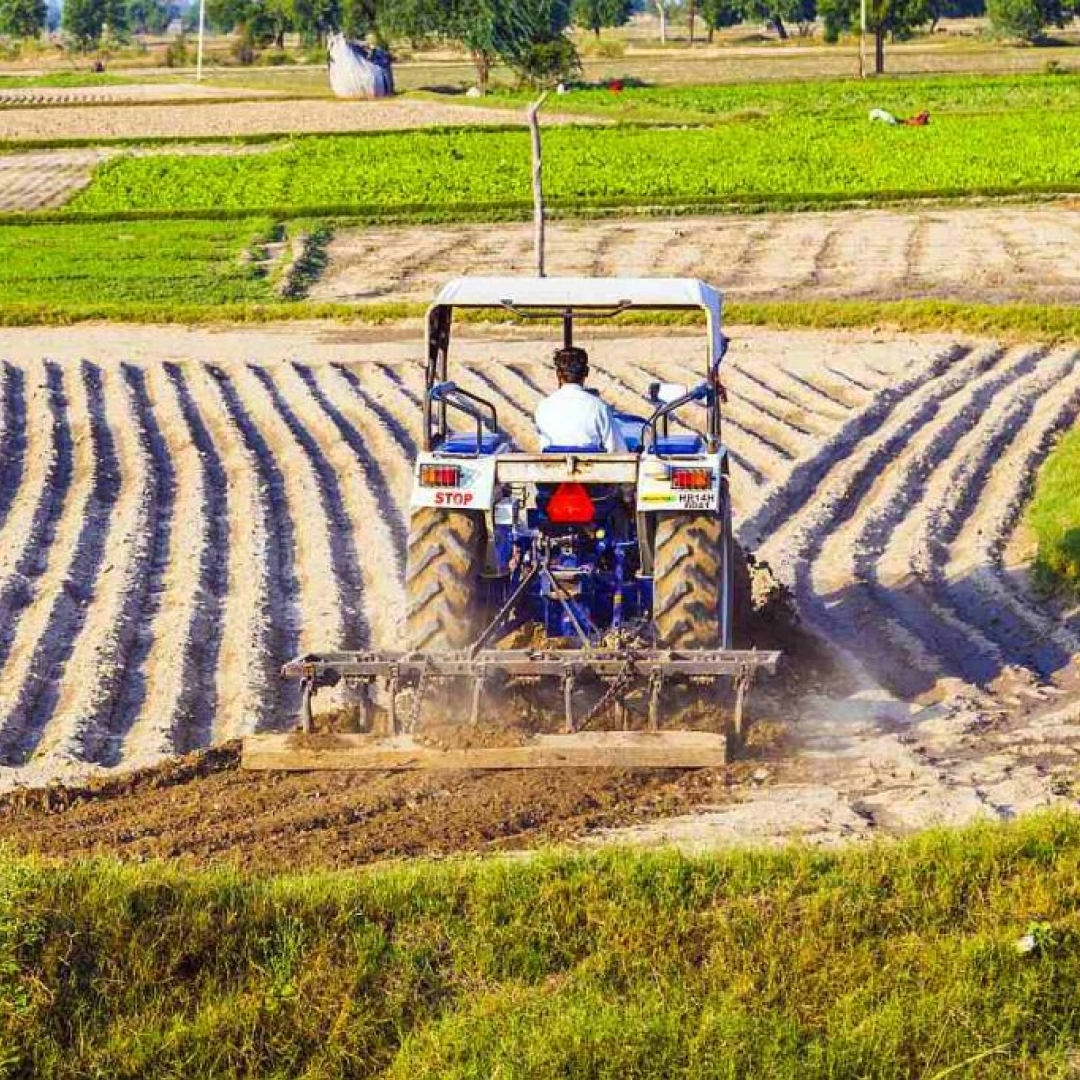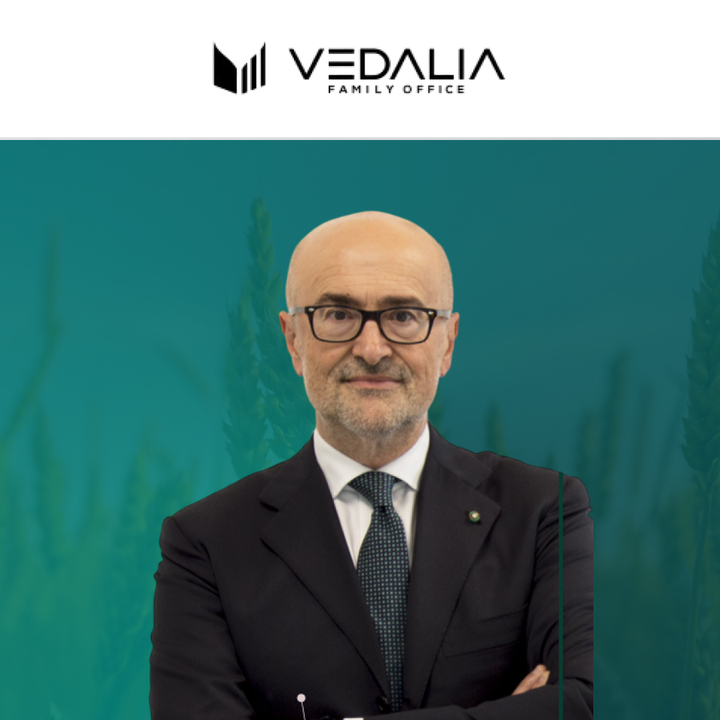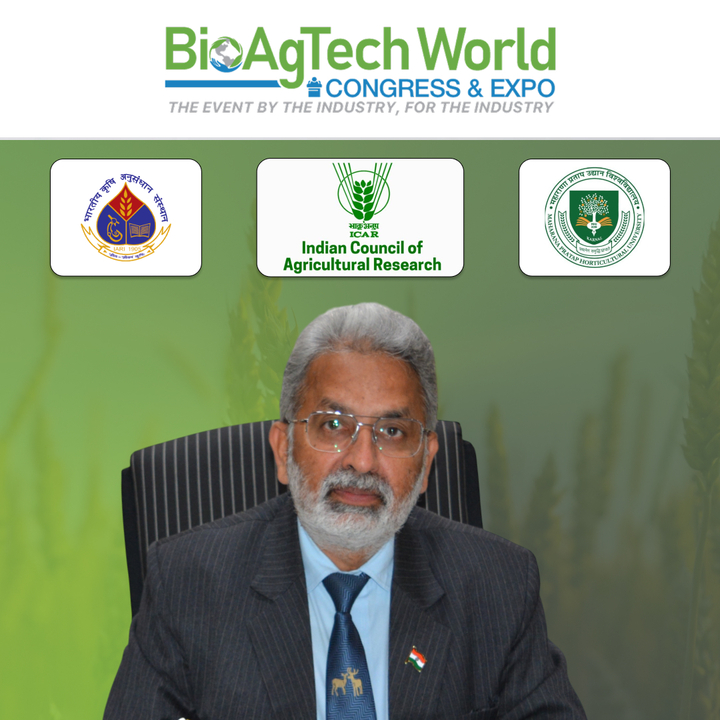
The Agriculture of the future comes back to the past: a look at the EU paradox
Giuseppe Natale
I am lucky to be born in Italy, one of the founding countries of the European community. I love Europe for all it represents in terms of values, culture, style, and quality of life. At the same time, I often find myself critical of the inconsistencies between the great proposals of Europe, which I share most of the time, in addition to their implementation and the way we think of “grounding” them. As an example, at the moment, there is a major debate around electric cars although I understand the goodwill and the commitment to reduce atmospheric pollution, I am not always sure that the measures proposed – or adopted – are environmentally, socially, and economically sustainable.Let us come to the world I know best, agriculture. The commitment of the European Commission in the attempt to make agriculture more sustainable and more respectful of the environment – although it is an activity that is extractive by nature – is admirable.
One of the relevant measures proposed is the conversion of conventional agriculture into “organic”. I am sure that people like me, who belong to the baby boomer generation and have been lucky enough to spend part of their childhood in the countryside, have bucolic memories linked to the agricultural world. Among the most vivid, in June is the smell of haystacks piled up in the farmyards waiting for the threshing; or at the end of September the smell of grape must. Any relevant moment in agricultural life was accompanied by a social, common life event – the sharing
of it with relatives and neighbors makes everything special. It was the 60s, and agriculture was definitely “organic”, mechanization was just beginning and the use of pesticides and fertilizers was very limited. Too bad productivity was about half of what it is today. If we were still in that situation, to produce the amount of food needed to feed the world’s population, we would need to double the actual cultivated area.
I fear that converting agriculture in Europe from conventional to organic is not the answer to the needs of humanity. I think our politicians – and, perhaps, a large part of the civilian community – are making a big mistake.It may be for the sentimentalism that food evokes, but this is the only sector where the future is imagined as a return to the past. Something that doesn’t happen in medicine, or in transport. Is anybody thinking about getting the stagecoach running from El Paso to Tucson? I allow myself to be so direct and perhaps misunderstood because I have spent over forty years (my entire working life) at the service of a form of agriculture that respects nature and the environment but is also advanced and productive.
To feed the world and continue to live on our beautiful planet, we need more productive and sustainable agriculture devoid of false myths based on science and technology. The agriculture that I imagine and hope for in our future uses the best that technology can offer us ethically and responsibly. I am sure that the widespread adoption of biologicals will be the key. We could not do without them to achieve the ambitious but necessary goals of increasing productivity as we become more sustainable.
Europe has an opportunity to transform the great challenge of the ecological transition into business opportunities. And not be trendy or worse in an attempt to greenwash. I have learned over time that what is good for the planet is also good for business. The European community can be coherent and consistent. It cannot only encourage the practice of organic farming or limit the use of pesticides, when we have a regulation authorizing the placing on the market of biocontrol products which was thought and designed for chemicals, making it almost impossible to register a product of biological origin. It is a paradox that we cannot accept what is
not sustainable for the planet.
Among the many jokes of the detractors of the European community, there is one saying that “Intellectual property is developed in the United States, goods are produced in Asia, and in Europe the rules are made that regulate their market” highlighting the little added value of having regulated a sector. Obviously, it is not my intention to fuel those who are critical of our economic community. I believe it is crucial that biological producers sit down with the authorities to develop a regulation that respects the health of citizens but allows biocontrol products to be marketed with a reasonable and clear timing, and at a cost bearable for companies. I am sure this will benefit – consumers first and foremost.
An appeal for my friends and fellow biological producers (those who have known me since the days of the EBIC Presidency will by now be tired of hearing these words): You go fast alone, but you go far together. We need a unitary, authoritative representation capable of respecting the consumers’ interest while balancing the interests of the various operators. It should also engage with the authorities and define an adequate standard for biocontrol.






